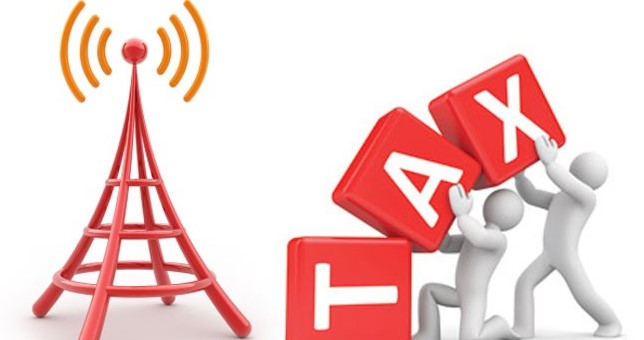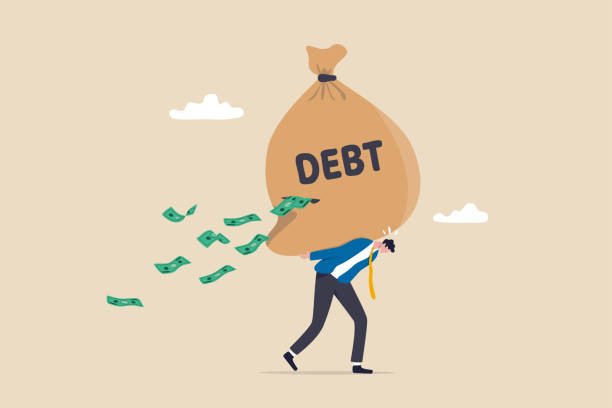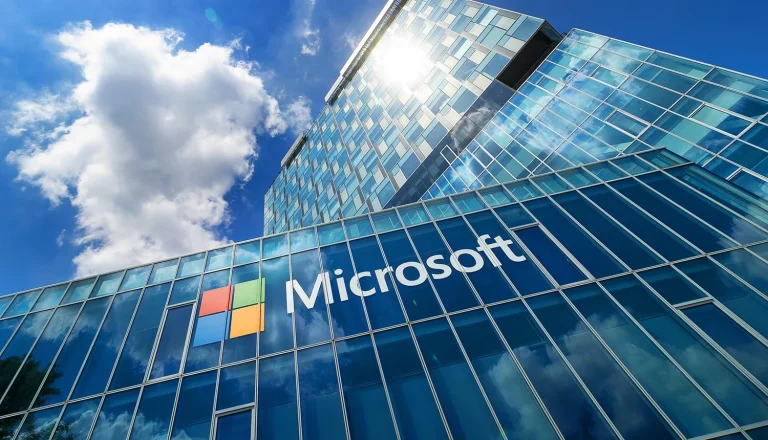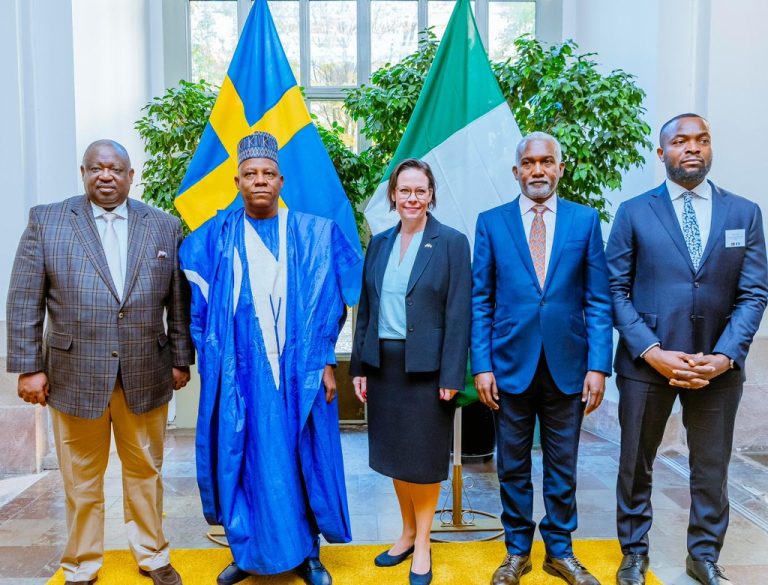The government-backed eNaira, meant as a hedge against inflation, hasn’t converted crypto users and has been hindered by limited internet access.
In 2021, Nigeria became the first African country, and the second in the world, to introduce a government-backed digital currency: the eNaira. At the time of its launch, the governor of Nigeria’s central bank said the currency had drawn “overwhelming interest and encouraging response.” The government believed it would boost financial inclusion, improve the security of digital transactions, and enhance local and cross-border trade, among other benefits.
Nearly 18 months on, however, eNaira has failed to achieve any of those goals. In fact, digital currency users in Nigeria are now questioning why it even exists.
“The eNaira isn’t as sophisticated, independent, and flexible as the regular cryptocurrencies,” Abdulrahman Akanni, a crypto user, told Rest of World. “It couldn’t compete, and so, was dead on arrival. A layman’s analogy will be the government asking me to drive a 2000 Corolla and abandon the latest model of Mercedes-Benz that I can afford. That is just not possible.”
As of October 2022, fewer than 1.15 million Nigerians, or roughly under 0.5% of the country’s population, had used eNaira, according to Bloomberg. Earlier this month, officials from the Central Bank of Nigeria (CBN) told reporters that only about 1.4 million transactions had been conducted on the eNaira platform since its inception.
In 2017, CBN had warned commercial banking institutions against dealing with cryptocurrency assets. The eNaira had been the government’s answer to crypto. Yet, between January 2021 and June 2022, transaction figures for the eNaira were dwarfed by the 497.35 billion naira ($1.16 billion) worth of bitcoin that Nigerians traded on popular peer-to-peer platform Paxful. Crypto assets, whether government-issued or not, have witnessed a steep decline globally in recent times. This has led some investors to lose interest in digital currencies. But the reasons for eNaira’s unpopularity go beyond this slide.
Unlike bitcoin and other cryptocurrencies, the eNaira is issued and regulated by a government authority. It is the digital equivalent of the fiat naira, not a financial asset in itself. Its use is limited to select platforms and merchants.
“The fact that the product was government-led caused trust in it to be significantly low,” Abiola Gbemisola, equity researcher at Lagos-based asset management firm FBNQuest, told Rest of World. “People don’t trust the government to hand over their financial transaction information directly to them.”
For many Nigerians, cryptocurrencies are a way to hedge against rising inflation, a depreciating local currency, and restrictive regulations around foreign transactions. But Akanni questioned the eNaira’s relevance to the country’s youth. “To the young population, the typical crypto users who have access to the internet and to whom the eNaira is supposed to appeal, eNaira more or less does the same thing as their bank applications,” he said. “So why would they switch when there are no special incentives for them to do so?”
So far, eNaira has mostly been used for the government’s social welfare programs, which require recipients to create wallets to access funds. These programs are responsible for at least 4 million eNaira wallets, according to CBN governor Godwin Emefiele.
In January 2023, a report from the International Monetary Fund (IMF) acknowledged that the adoption of the eNaira by households and merchants has been slow. While the initial uptake was good, fewer people have been signing up on the eNaira platform, with only 0.8% of bank accounts and about 10% of merchants using it, IMF noted. Since its launch, the weekly average transaction value for eNaira has hovered at 53,000 naira ($114.84).
The eNaira’s adoption has also been constrained by limited or no internet access in several parts of Nigeria, especially in rural areas. As of October last year, at least 30 million Nigerians did not have access to the internet, according to the executive vice chairman of the Nigerian Communications Commission.












+ There are no comments
Add yours